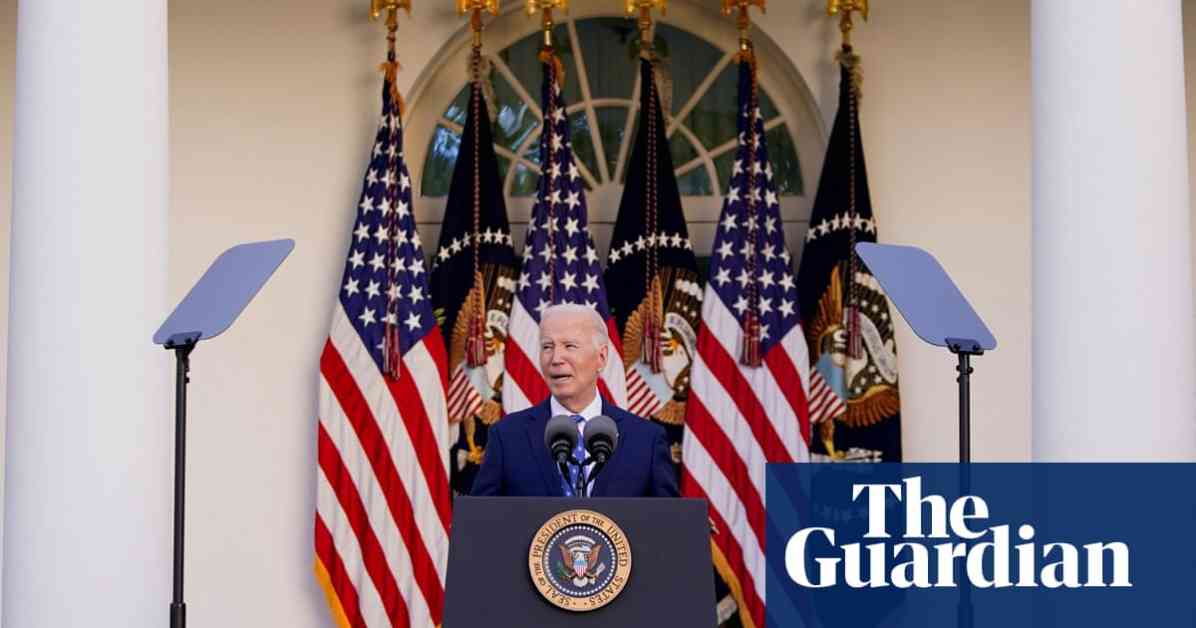Israel and Hezbollah have finally agreed to a ceasefire in Lebanon after 14 months of war. President Joe Biden announced this significant moment from the White House, calling it a historic event. Israeli Prime Minister Benjamin Netanyahu, despite opposition from his far-right allies, endorsed the ceasefire after his cabinet approved the deal.
Netanyahu emphasized that Israel would retain complete military freedom of action in case of any violation by Hezbollah, stating that they would enforce the agreement forcefully. President Biden highlighted that the ceasefire would go into effect at 4 am local time, putting an end to the fighting across the Lebanese-Israeli border.
The US, along with France and others, will provide necessary assistance to ensure the full and effective implementation of the deal. French President Emmanuel Macron welcomed the agreement as the culmination of months of efforts with Israeli and Lebanese authorities.
While this ceasefire is a positive step towards peace in Lebanon, challenges still remain in Gaza. UK Foreign Secretary David Lammy called for an immediate ceasefire in Gaza as well, emphasizing the need for lasting peace across the Middle East.
Israel intensified its airstrikes on Beirut and other areas in Lebanon just before the announcement of the ceasefire, resulting in casualties. The US played a crucial role in securing the ceasefire, with the Biden administration lobbying tirelessly to halt the fighting.
As the ceasefire deal takes effect, Israel will withdraw from southern Lebanon while Hezbollah will move its heavy weaponry north of the Litani River. The Lebanese army will deploy to the buffer border zone alongside the UN peacekeeping force during the 60-day transition period.
A US-led supervisory mechanism will monitor the process and act as a referee in case of infringements. The agreement closely follows UN Security Council Resolution 1701, which ended the 2006 Israel-Hezbollah war but was never fully implemented.
Although the ceasefire deal does not directly impact the situation in Gaza, President Biden expressed hope for a similar agreement in the region. The negotiations for the Lebanon ceasefire were separated from the Gaza talks to address each conflict individually.
Overall, the ceasefire between Israel and Hezbollah marks a significant step towards peace in the region. It is a testament to the diplomatic efforts of various countries and leaders involved in the process. However, the road to lasting peace in the Middle East remains challenging, requiring continued dialogue and cooperation among all parties involved.












